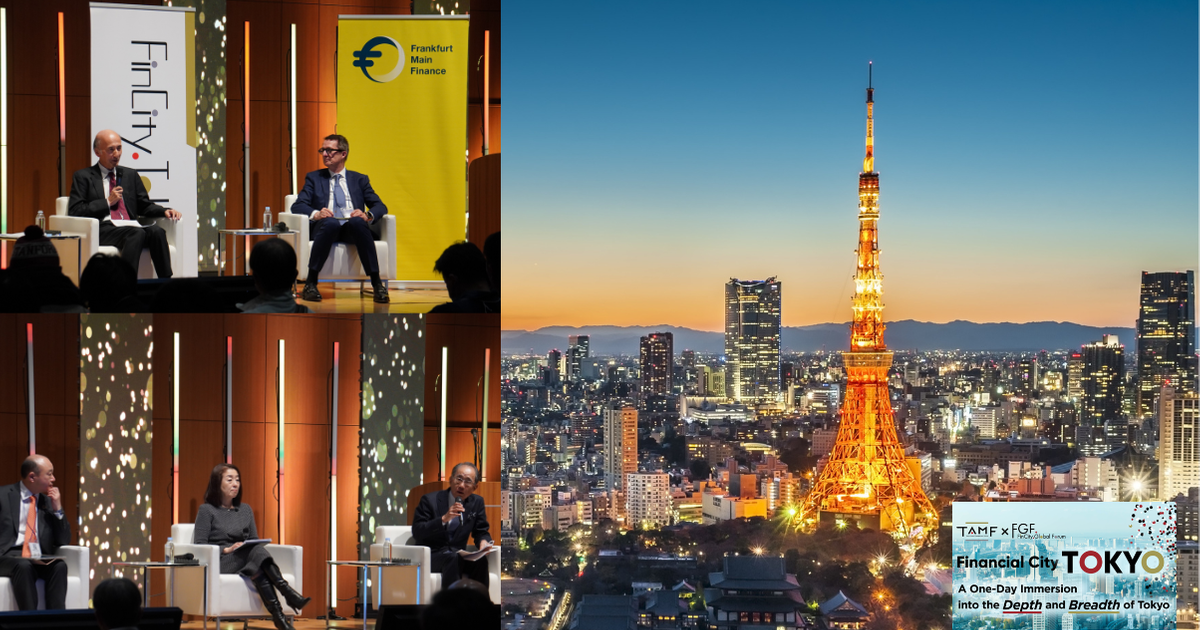Trump's pharmaceutical tariffs could raise costs for patients, worsen drug shortages
It's unclear whether tariffs will influence more companies to make more drugs in the U.S. like President Donald Trump is hoping for, some experts said.

A pharmacist collects medications for prescriptions at a pharmacy.
Simon Dawson | Bloomberg | Getty Images
President Donald Trump's planned tariffs on pharmaceuticals imported into the U.S. could have wide-ranging consequences for drugmakers and American patients, some experts told CNBC.
The duties could disrupt the complex pharmaceutical supply chain, drive up the prices of drugs in the U.S. and exacerbate shortages of critical medicines, some health policy experts said. Drugmakers often rely on a global network of manufacturing sites for different steps of the production process.
"We are already in a state where prescription drugs are unaffordable to many," Mariana Socal, a health policy professor at the Johns Hopkins Bloomberg School of Public Health, told CNBC.
"Anything that we change, any trade policies, any tariff policies, anything that further increases the cost of prescription drugs, be it in the supply chain, the distribution network, risks increasing costs to the consumer even further and just worsening the affordability crisis for drugs in America that we've had for a long time," she said.
Trump this week doubled down on plans to impose "major" pharmaceutical-specific tariffs "very shortly," which battered the stocks of some drugmakers early Wednesday. He said he would pause steep tariff rates on dozens of countries following a market fallout that same day, but it does not appear to apply to levies on specific industries like autos, steel, aluminum and pharmaceuticals.
Trump exempted pharmaceuticals from his sweeping tariffs unveiled last week. Still, he has said duties on drugs will encourage drugmakers to move manufacturing operations into the U.S. at a time when domestic production in the industry has shrunk significantly.
But experts said it's unclear whether tariffs will influence more companies to make more drugs in the U.S. It would cost drugmakers billions of dollars and take at least several years for them to do so, they added.
Some drugmakers, such as Eli Lilly, Bristol Myers Squibb and AbbVie, may be better positioned than others to weather tariffs because they have more major manufacturing plants in the U.S. than internationally, TD Cowen analyst Steve Scala said in a note last week. The majority of their sites responsible for producing the active ingredients in drugs are also in the U.S., he added.
Meanwhile, Novartis and Roche "look more at risk" because they have few U.S. plants and a higher share of active ingredient sites that are international, Scala said.

The impact of tariffs will look different depending on the type of drug, experts said. Manufacturers of already cheaper generic drugs, which account for about 90% of the medicines prescribed in the U.S., could get squeezed the most by tariffs, according to Arda Ural, EY's Americas industry markets leader in health sciences and wellness.
Those medications, which are generally much more affordable for patients, have far lower profit margins than branded drugs and often rely on ingredients made in China and India, so tariffs could force some generic drugmakers to leave the U.S. market altogether.
Pharmaceutical tariffs could ultimately undermine the government's efforts to rein in the high costs of health care in the U.S. Americans pay around two to three times more for prescription drugs than people in other developed countries, according to a 2024 report from RAND.
Drug shortages could get worse
The tariffs could worsen the unprecedented shortfall of medicine in the U.S., which is driven by factors such as manufacturing quality control and demand surges. There are 270 active drug shortages in the U.S., which has remained unchanged for the past three quarters, according to data from the American Society of Health-System Pharmacists.
But some drug categories will likely be more vulnerable to shortages than others if tariffs go into effect, said Marta Wosińska, a senior fellow at the Brookings Institution's Center on Health Policy.
Generic sterile injectable drugs, which are commonly used in hospitals, are already more prone to shortages and have faced persistent supply issues for years. Those include products like IV saline bags, cancer chemotherapy drugs and lidocaine, which is used to numb pain.
Generic sterile injectables have complex manufacturing processes and low profit margins, which could make it more difficult for their producers to absorb tariff-induced cost increases.
iv line for fluid for patient lying on the bed admitted in hospital
undefined undefined | iStock | Getty Images
Manufacturers of those injections also have limited ability to pass on cost increases due to certain contracts with so-called group purchasing organizations that lock in the prices but not the quantity of what they buy, Wosińska said. Group purchasing organizations broker drug acquisitions for hospitals and other health-care providers, and their contracts with manufacturers generally last one-to-three years.
If manufacturers of generic sterile injectables can't pass on higher costs, they may exit the U.S. market and worsen shortages of those essential drugs, said Wosińska. She said their other option is cutting costs, which is "concerning" because it could affect a product's quality and lead some manufacturers to temporarily slow down production due to issues like contamination.
Generic oral drugs similarly face low margins, but their manufacturing is less complex and the market is more competitive. These include common pills such as statins for high cholesterol, multiple blood pressure medications and metformin for blood sugar control.
Those oral drugs are used the most by Americans, as about 187 billion generic drug tablets and capsules were dispensed in retail and mail pharmacies in 2024 alone, according to a recent Brookings report by Wosińska.
She told CNBC that those drugs function more like a "spot market," where pharmacies and buyers can quickly switch suppliers if one source is disrupted by tariffs. While levies may drive up prices, manufacturers of these drugs have fewer binding contracts, allowing them to pass on higher costs more easily than their injectable counterparts can, according to Wosińska.
Costly medications could get pricier
The impact of tariffs on costly branded medications, which have patent protections and don't face competition from generic drugs, will look a lot different, some experts said. Tariffs on medications imported from Europe would likely hit the hardest, as a significant amount of branded drug manufacturing is done there and in the U.S.
"Branded products are already predominantly manufactured in the U.S. at about 50%, and the primary importation is from Europe at about 35%," said EY's Ural.
There is "little to no manufacturing" of those drugs in China or India, he said.
Still, branded drugs typically have higher profit margins and more stable supply chains than generic medications. That makes branded manufacturers better positioned to absorb higher costs from tariffs or pass them onto payers – and ultimately, consumers.
Since manufacturers of a given branded drug monopolize its market, they could raise its price, leaving "the American consumer with no other choice because those products are protected by patents that no one else has," Johns Hopkins' Socal noted.
"With tariffs, the question will become, how much higher prices are we going to pay for these branded products?" she said.
Roel Smart | Getty Images
Patients will likely notice higher prices for branded drugs more than increases to generic medication prices, Wosińska said. A price hike on a branded drug would directly translate to higher out-of-pocket spending for people in high-deductible commercial insurance plans or with high coinsurance rates, she noted.
It's still unclear what Trump's tariffs will look like. But a patient with a 20% coinsurance rate could see their monthly out-of-pocket expenses rise if tariffs are imposed, since their share of the cost is directly tied to the branded drug's price.
By contrast, generic medications already have lower price points, so "even if a $3 drug increases by 25%, that is not going to be something that will really show up for patients," Wosińska told CNBC. She added that many patients have insurance plans with fixed co-pays for those drugs.
But overall, "the primary impact on patient pocketbooks would be indirect—premiums would likely rise as the payer spending on drugs increases," she noted in her Brookings report.
The question is whether manufacturers will want to raise prices as they face fierce blowback from patients and lawmakers on both sides of the aisle for charging higher drug prices in the U.S. compared to other countries. Both the Trump and Biden administrations have targeted that imbalance.
In a March 28 note, Evercore ISI analyst Umer Raffat said he heard from multiple CEOs of pharmaceuticals that "they may have to pass on some of the impact [from tariffs] as a price increase."
But he said doing so will "add more fire" to criticism of the higher prices of many drugs in the U.S. relative to Europe. Raffat said it could backfire "in a big way," and could revive a plan from Trump's first term that ties U.S. prices to those paid in other similar countries.
Reshoring manufacturing won't be easy
A sign with the company logo sits outside of the headquarters campus of Eli Lilly and Company on March 17, 2024 in Indianapolis, Indiana.
Scott Olson | Getty Images
Some Wall Street analysts have raised concerns that it will be difficult to reshore production in the U.S. because it is costly and could take several years.
"Global supply chains are complex, with Pharma among the most–it's not as simple as moving where someone screws in little screws to make an iPhone," BMO Capital Markets analyst Evan Seigerman said in a note on Wednesday.
He said the tariffs will "likely do little to shift manufacturing" back to the U.S. since companies already have robust operations in the country. Seigerman said he expects most large pharmaceutical companies will likely set a goal of "waiting until the end of Trump's presidency to consider more permanent manufacturing decisions."
Some companies have already invested billions to boost U.S. manufacturing. This year, Eli Lilly and Johnson & Johnson both announced new domestic manufacturing investments worth $27 billion and $55 billion, respectively, over several years.
But some of those drumakers have already pushed back on tariffs, warning about their potential impact on research and development in the industry.
"We can't breach those agreements, so we have to eat the cost of the tariffs and make trade-offs within our own companies," Eli Lilly CEO Dave Ricks told BBC in an interview last week. "Typically, that will be in reduction of staff or research and development, and I predict R&D will come first. That's a disappointing outcome."

 Tekef
Tekef 
































